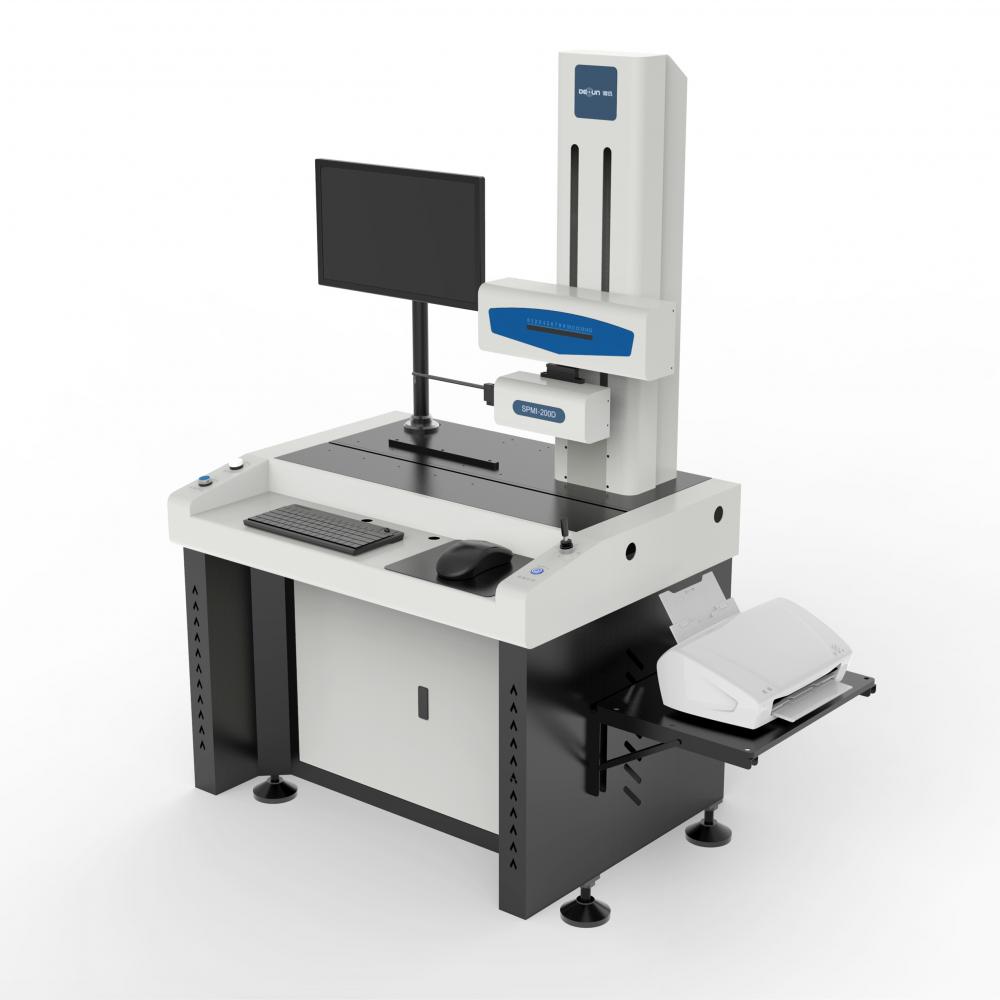The processing of coix seeds begins in the production area after threshing. The seeds are spread on a clean, dry field to air-dry until they reach the desired moisture level. Once dried, the seeds are ground using a rice mill to remove the husks and seed coats. After screening, the coix seeds are obtained. This process is similar to rice milling, but instead of discarding the shell residue and kernels after each pass, they are regrinded together. This step is repeated several times until the outer skin and seed coat are completely removed, resulting in white and pure seed kernels. A fine sieve is then used to separate the seeds, while a coarse sieve is used to collect any unprocessed fruit. These are mixed with the next batch for further processing. The moisture content of the seeds is typically around 12%, and the kernel yield is approximately 50%.
Product specifications indicate that the dried nuts are spherical or oval-shaped, with a wider base that is slightly flat and an obtuse top. They measure 5–7 mm in length and 3–5 mm in width. The surface is white or yellow-white, smooth, and lacks distinct vertical patterns. Some may have a few tan-colored outer skins and a deep, wide longitudinal groove on one side. The groove's bottom is rough and brown, and the base is concave. There is one brown dot present. The seeds are hard, and when broken open, the interior is white or pink, with a slight aroma and no taste. They should be large, full, uniform, and free from breakage, dust, impurities, or insects. No grading is applied, and they are sold as is.
There are three common methods for preparing coix seeds: sand frying, bran frying, and traditional cooking.
For medicinal use, shelled coix seeds are washed repeatedly in water, dried, peeled, and sieved to remove dust before being used for treatment.
To prepare sand-fried coix seeds, unshelled seeds are placed in clean water, rinsed, and soaked for 24 hours, with water changed every 3–4 hours. After soaking, the seeds are steamed until the texture softens and the color changes. They are then dried. Next, oil sand is heated in a pan and the whole seeds are added, frying until fully expanded. When the color turns white, the seeds are removed, sifted, cooled, and ready for use.
For bran-fried coix seeds, wheat bran is heated and stirred until hot. The raw seeds are added and stir-fried until fully coated. The bran is then sifted off, and the seeds are cooled. For every 100 kg of coix seeds, 10 kg of wheat bran is used.
The comprehensive utilization of coix has gained widespread attention both domestically and internationally. In Japan, over 800 tons of coix seeds are imported annually for making regular wheat tea, and even the seed shells are used to make tea. Recently, food products made from coix seeds have become popular in Japan and other countries. Blending coix flour with wheat flour produces excellent results, suitable for noodles and pastries. Additionally, various sugars can be developed for brewing purposes. The bran contains up to 36% fat, and the extracted oil can be used in medicinal or cosmetic applications. China has developed "black sesame seed meal" and "quickly soluble coix essence," both of which have therapeutic benefits. Furthermore, research is ongoing on using processed coix seeds as feed for laying hens, which has shown significant improvements in egg production. It is also used in pig feed to promote faster growth and increase meat yield.
Roughness Profilometer
Roughness Profilometer, also known as surface roughness meter, surface smoothness meter, surface roughness tester, roughness measurement meter, roughness tester, and other names. It has the characteristics of high measurement accuracy, wide measurement range, easy operation, portability, and stable operation. It can be widely used for the detection of various metal and non-metal processing surfaces. This instrument is a pocket instrument that integrates sensors and hosts, with handheld characteristics, making it more suitable for use in production sites. The exterior design is sturdy and durable, with significant resistance to electromagnetic interference, in line with current design trends.

The application fields of roughness meters include:
1. Mechanical processing and manufacturing industry, mainly metal processing and manufacturing. Roughness meters were originally developed to detect the surface roughness of machined parts. Especially, stylus type roughness measuring instruments are more suitable for detecting hard metal surfaces. For example, the automotive parts processing and manufacturing industry, the mechanical parts processing and manufacturing industry, and so on. As long as these processing and manufacturing industries involve the surface quality of workpieces, the detection application of roughness meters is essential.
2. In the non-metallic processing and manufacturing industry, with the progress and development of technology, more and more new materials are applied to processing processes, such as ceramics, plastics, polyethylene, etc. Some bearings are now made of special ceramic materials, and pump valves are made of polyethylene materials. These materials have a hard texture, and some applications can replace metal materials to make workpieces. During production and processing, their surface roughness also needs to be tested.
3. With the continuous strengthening and improvement of the technology and functions of roughness meters, as well as their in-depth promotion and application, more and more industries have been found to require roughness detection. In addition to mechanical processing and manufacturing, roughness evaluation is also required in the production and processing of power, communication, electronics, such as couplings on switches, integrated circuit semiconductors, and even stationery, tableware, and other products used in people's daily lives The surface roughness of human teeth needs to be tested.
Profile Projector ,Roughness Profilometer,Roughness Measuring Instrument,Surface Roughness Tester,Roughness Tester,Mitutoyo Roughness Tester
Zhejiang dexun instrument technology co., ltd , https://www.dexunmeasuring.com
